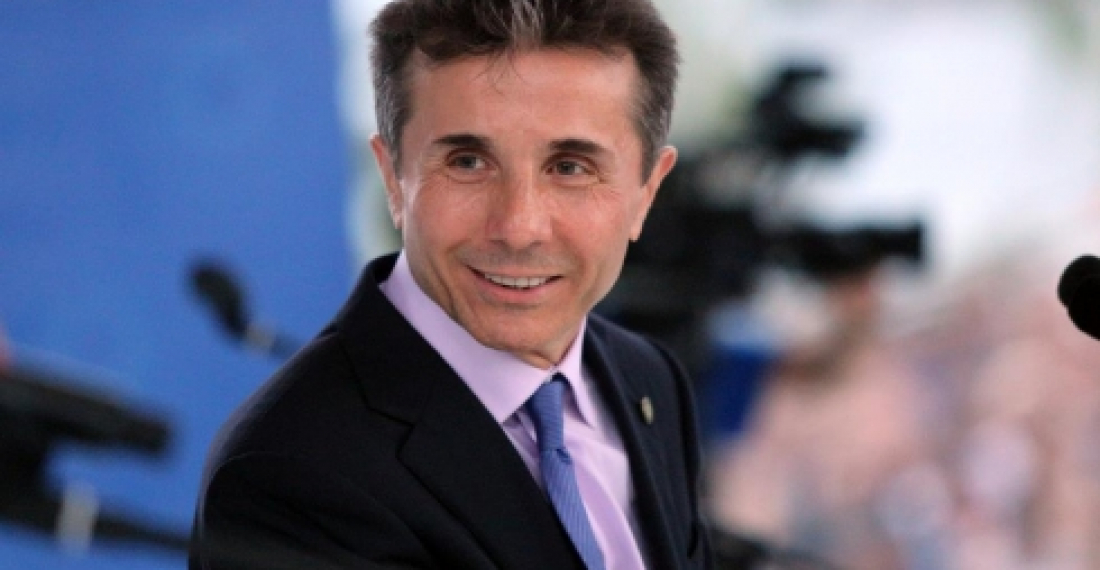Правительства Армении и Азербайджана, а также различные политические силы, гражданское общество и бизнес сообщества двух стран внимательно следят за процессом перехода власти, который происходит в настоящее время в Грузии. Многие надеются, что это может стать моделью того, что может случиться в их собственных странах в будущем.
Но более непосредственный интерес представляет влияние на саму страну, в которой произошла смена власти в результате победы на выборах, прошедших в прошлый понедельник, лидера оппозиции Бидзины Иванишвили, и решение правительства президента Саакашвили признать свое поражение. Громоздкая конституционная база в Грузии означает, что это, вероятно, будет долгий и довольно грязный переход, но в настоящее время процесс уже начался.
Грузия, Армения и Азербайджан взаимосвязаны друг с другом не только исторически и географически, но и по средствам людей. Большое количество армян и азербайджанцев проживает в Грузии. И Армения, и Азербайджан зависят от Грузии в поставках своих товаров на международные рынки, ситуация, которая усугубилась из-за конфликта в Нагорном Карабахе и закрытия армяно-турецкой сухопутной границы.
Иванишвили в своих выступлениях в ходе избирательной кампании был очень осторожным во время обращений к нацменьшинствам, проживающих в Грузии, чтобы попытаться достучаться до сердец людей армянской и азербайджанской национальности. Однако, результаты выборов в Грузии показали, что была повторена картина из прошлого. Голосования в районах, преимущественно населенных армянами и азербайджанцами, показали огромную поддержку правительству, против общенациональной тенденций в направлении поддержки оппозиции. Традиционно эти районы на выборах всегда голосовали за правящую партию - кем бы не была это правящая партия. Некоторые утверждают, что это является результатом манипуляции избирателями, или путем обмана или запугивания. Меньшинства чувствуют, что они более восприимчивы к давлению. Традиционно Баку и Ереван также использовали свое влияние на избирателей в районах проживания национальных меньшинств, приобретая поддержку в Тбилиси. Все указывает на то, что в этом отношении парламентские выборы в Грузии в 2012 году "прошли как обычно".
Однако, сейчас вырисовывается новая реальность. Ведущие лица из политической коалиции Иванишвили, в том числе Ираклий Аласания и Тедо Джапаридзе, говорят о важности переоценки грузинской внешней политики в сторону повышения внимания к региону, и принятия Грузией роли регионального центра. Правительство Саакашвили покуда не мешало этому процессу, мало что сделало для его поощрения, представляя Грузию как "отличную" от других стран и сосредоточилось на других вопросах.
Новому грузинскому правительству потребуется время для обоснования. Но как только оно это сделает ожидается, что будут представлены новые инициативы, которых регион ждал уже давно.
Источник: commonspace.eu
Фото: Новый лидер Грузии Бидзина Иванишвили (фото из архива)
Commentary
Армения и Азербайджан внимательно следят за новой ситуацией в Грузии. Правительство Бидзины Иванишвили придаст большее значение региональным отношениям.







